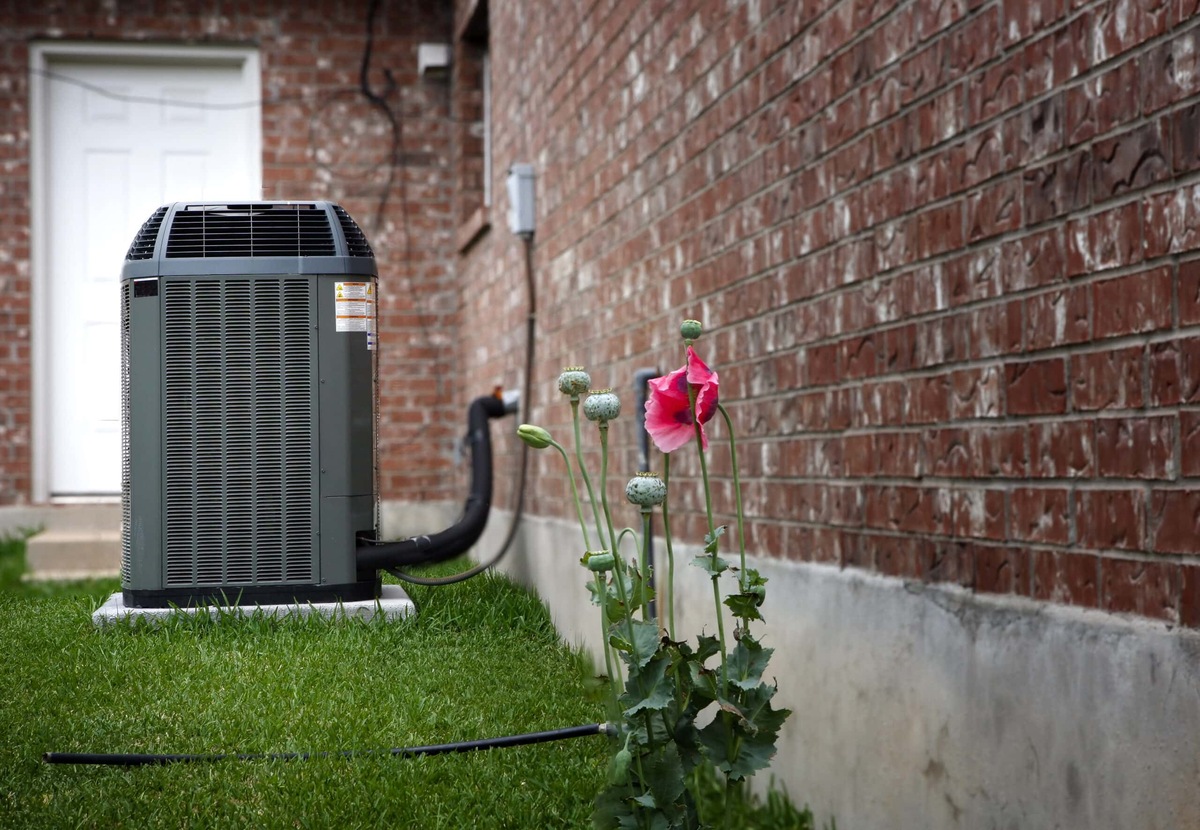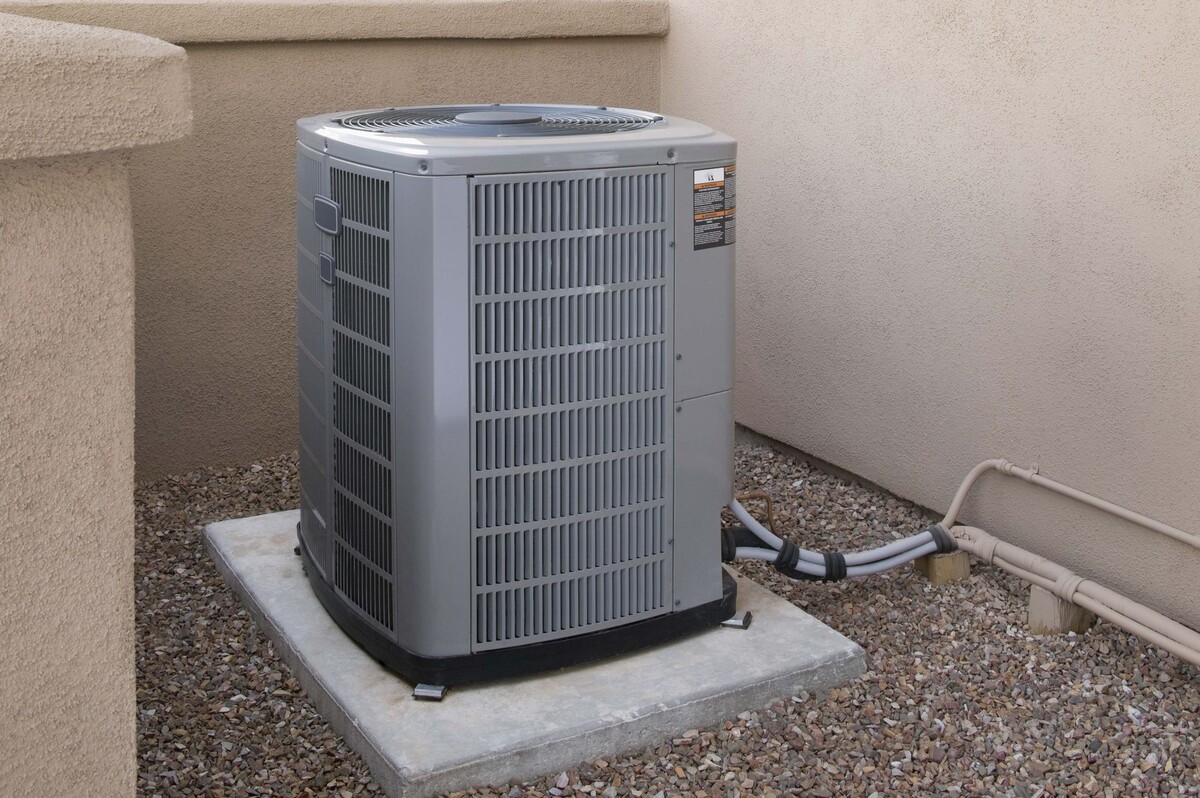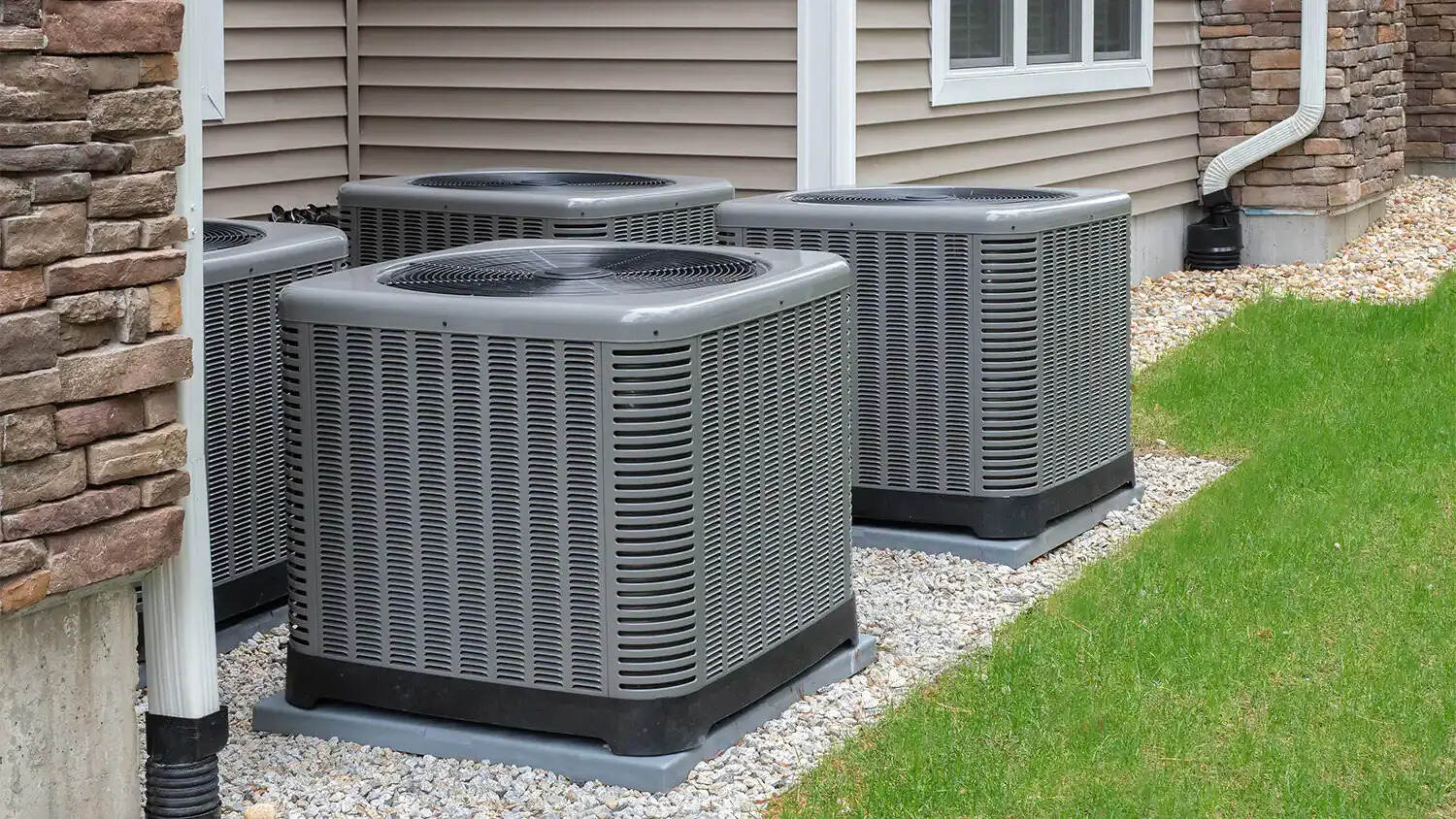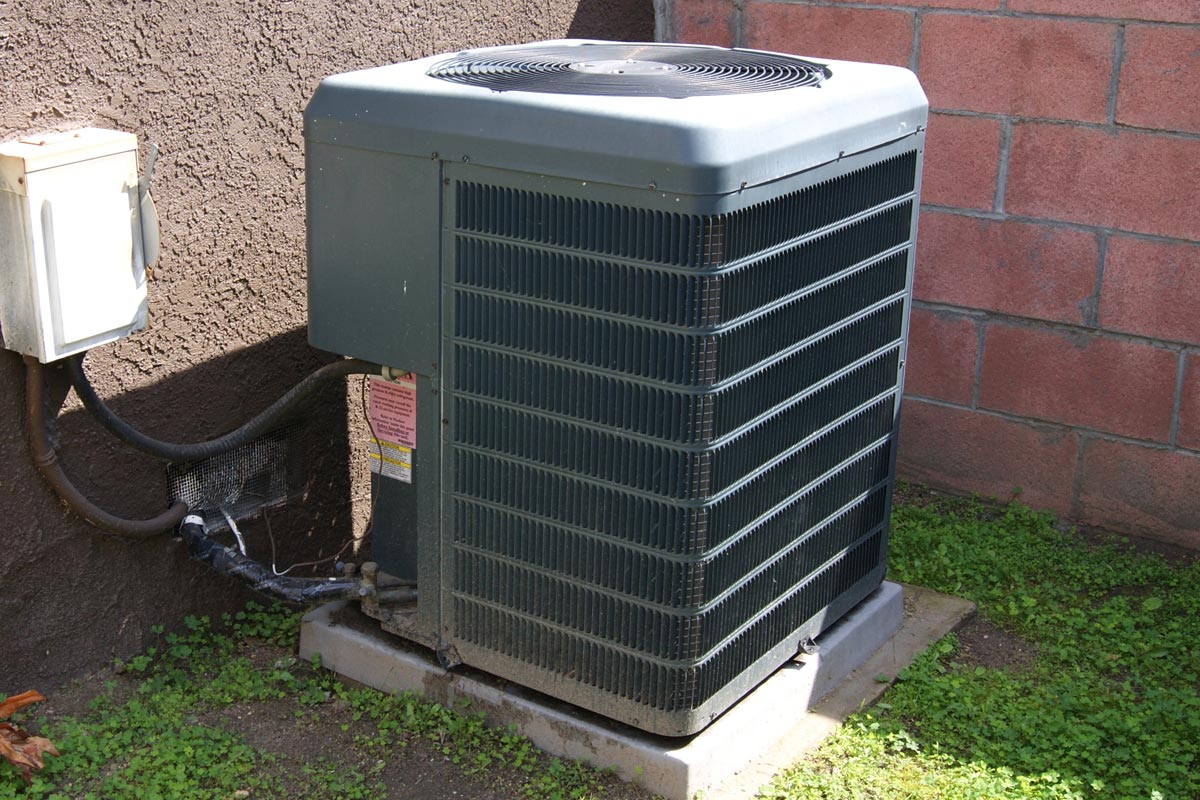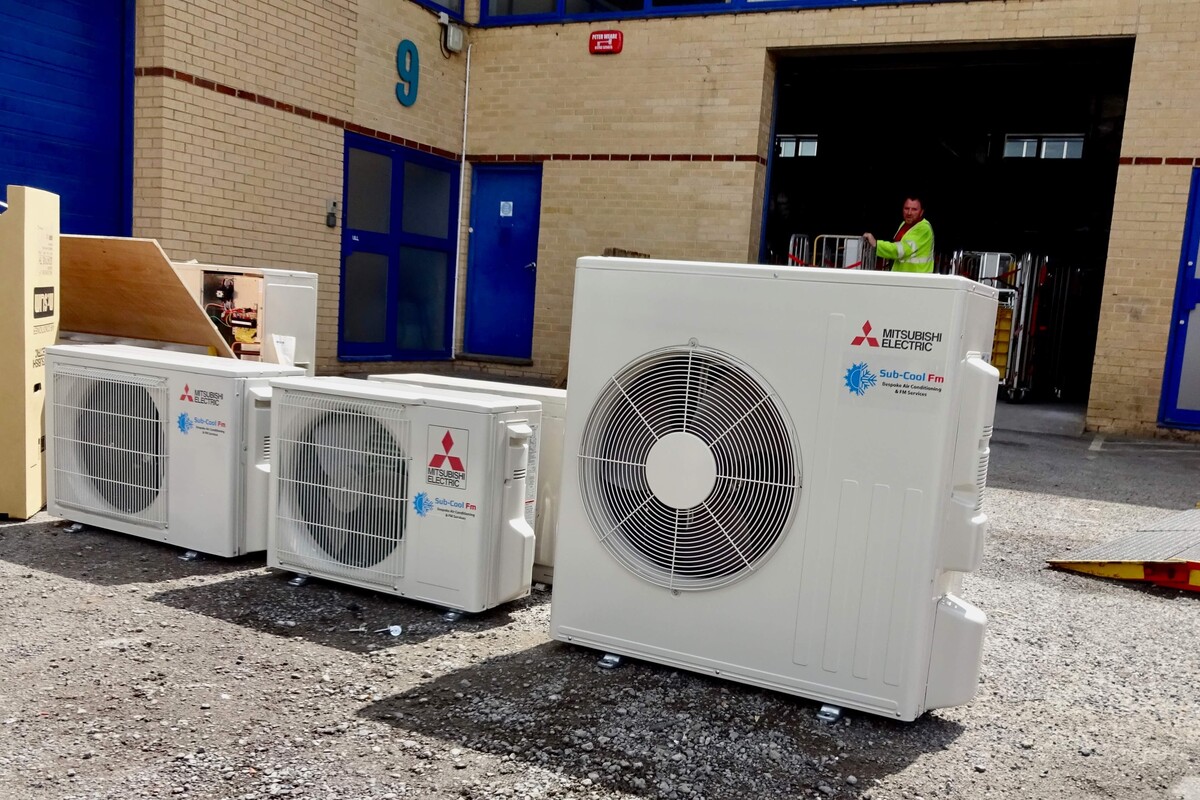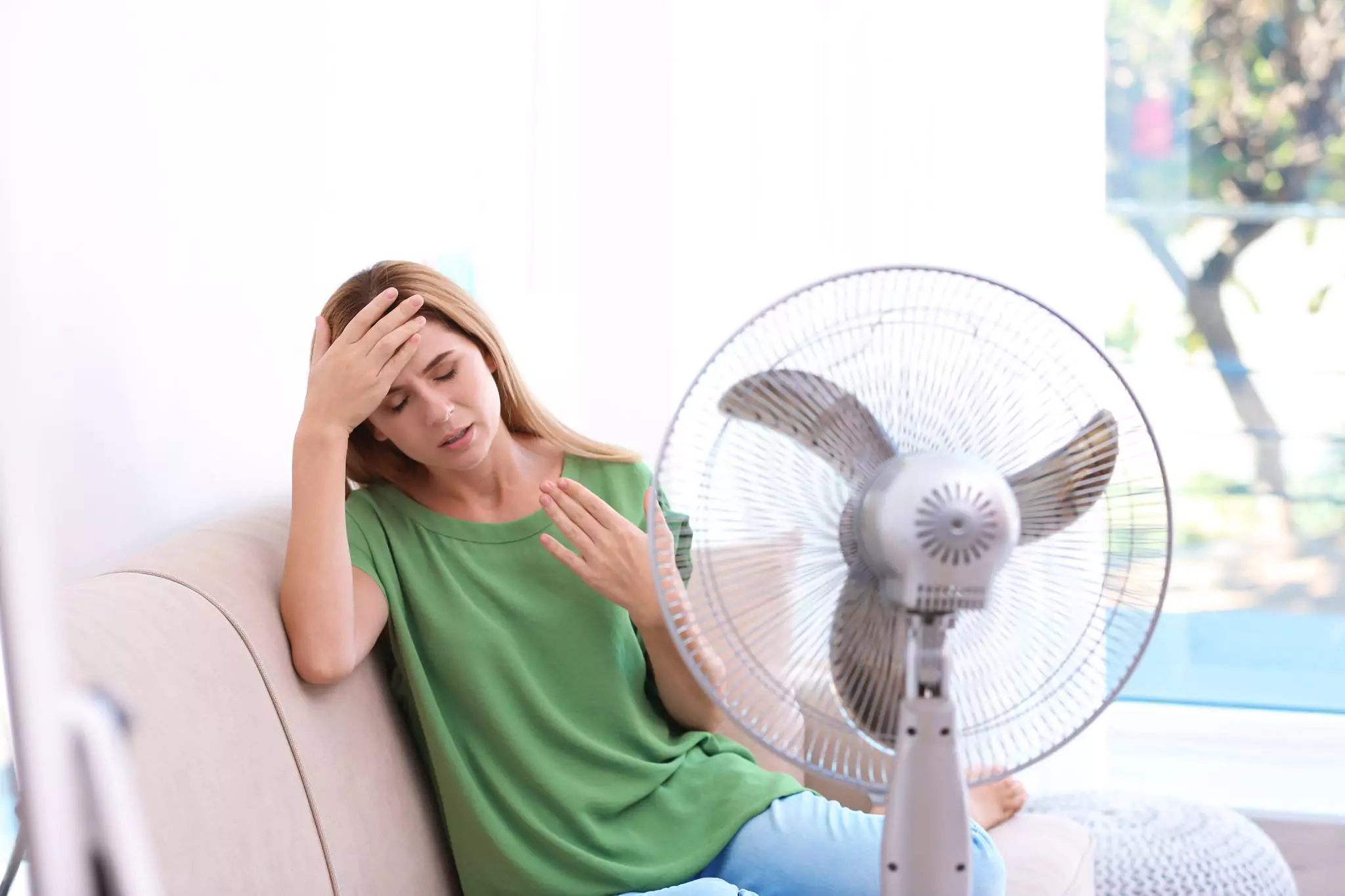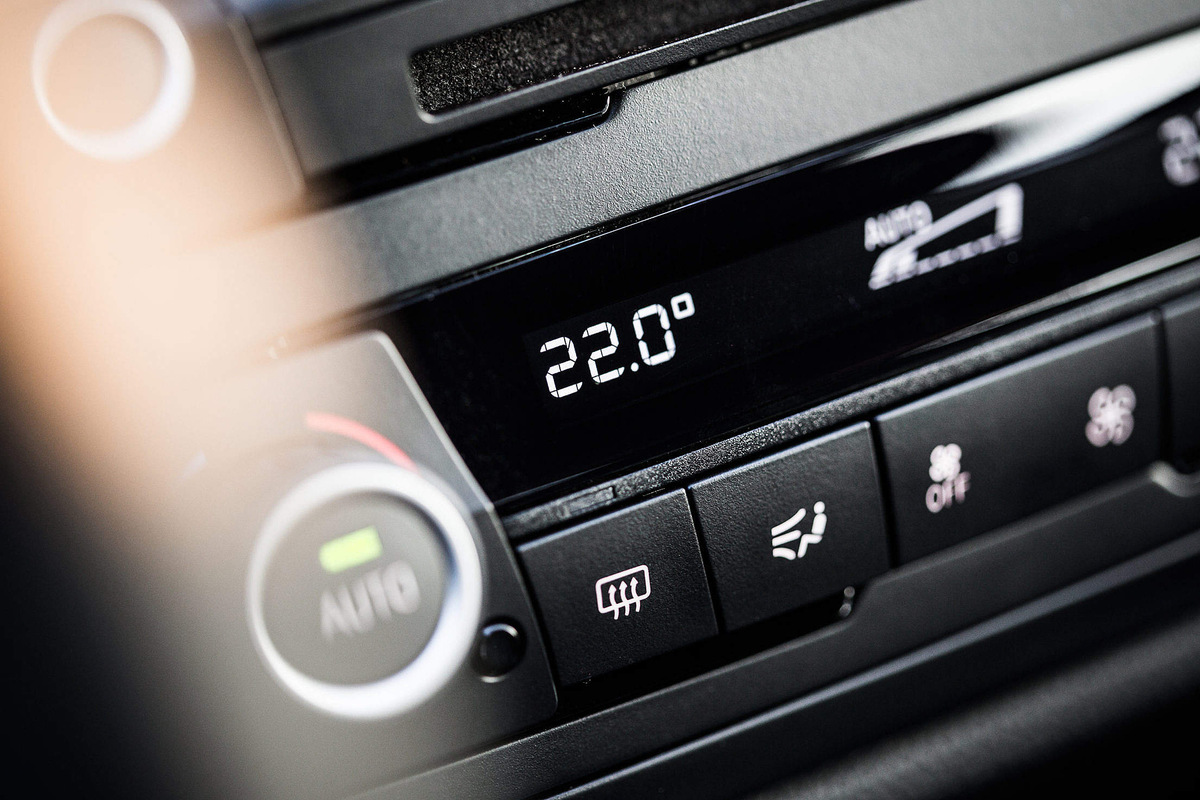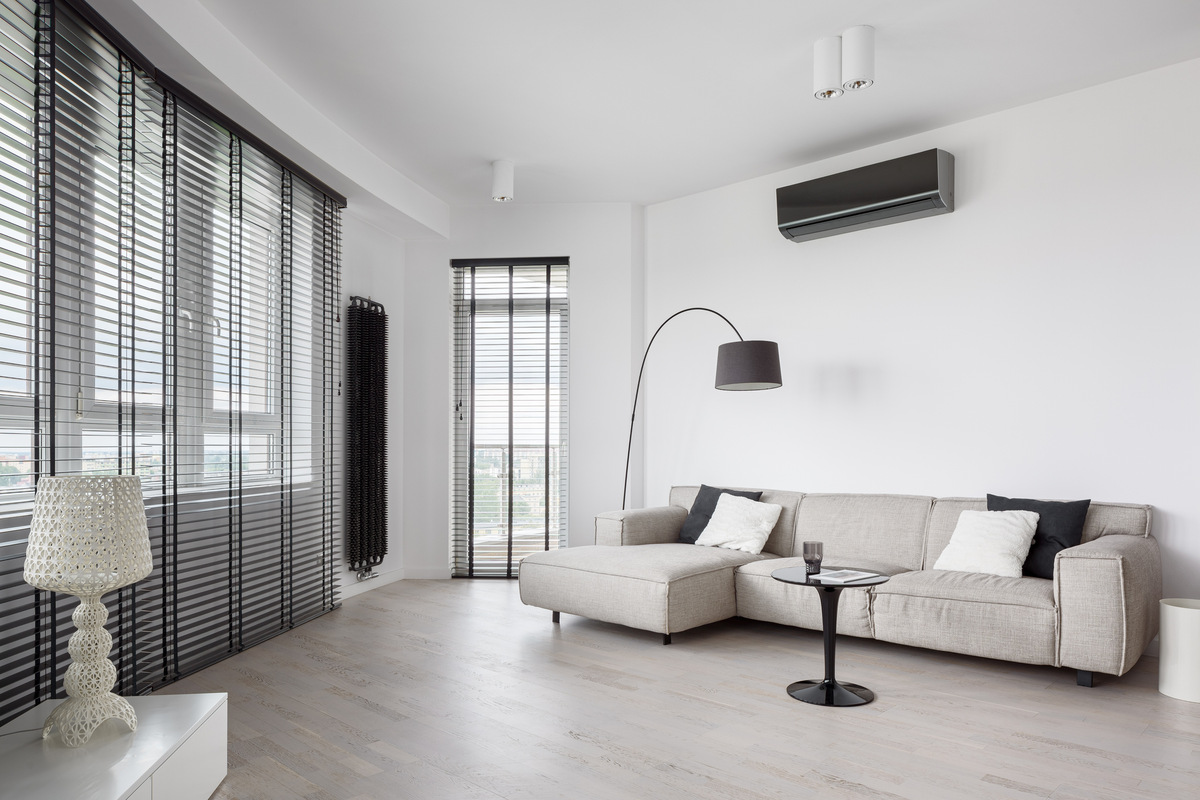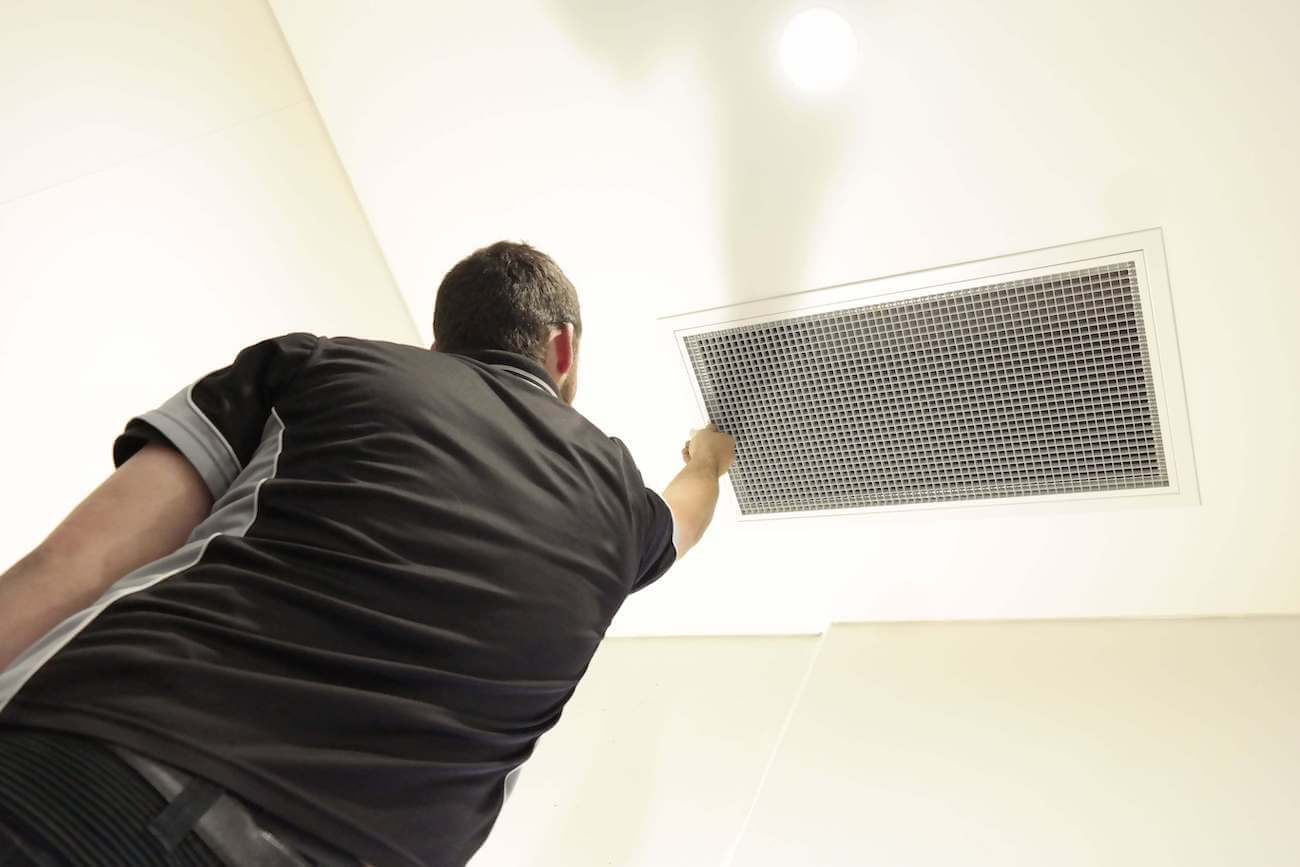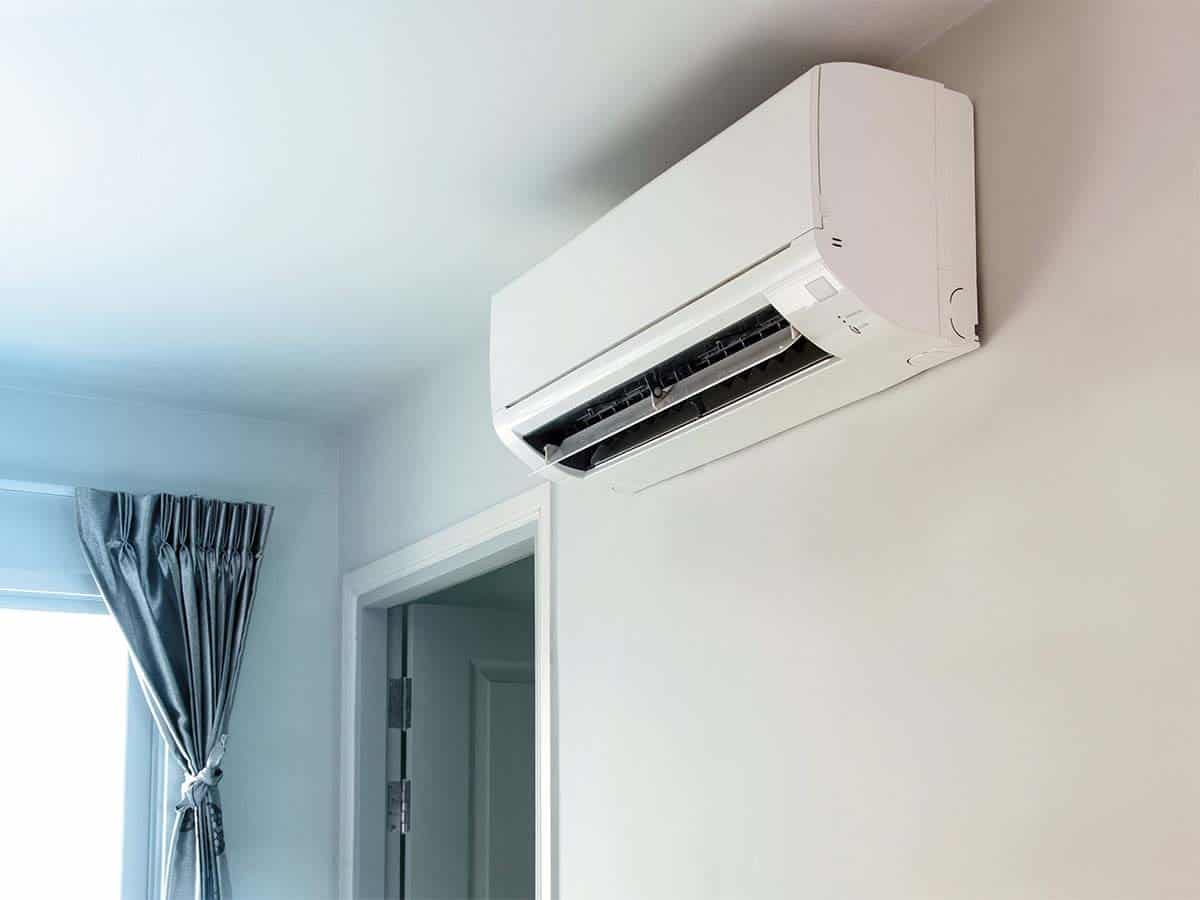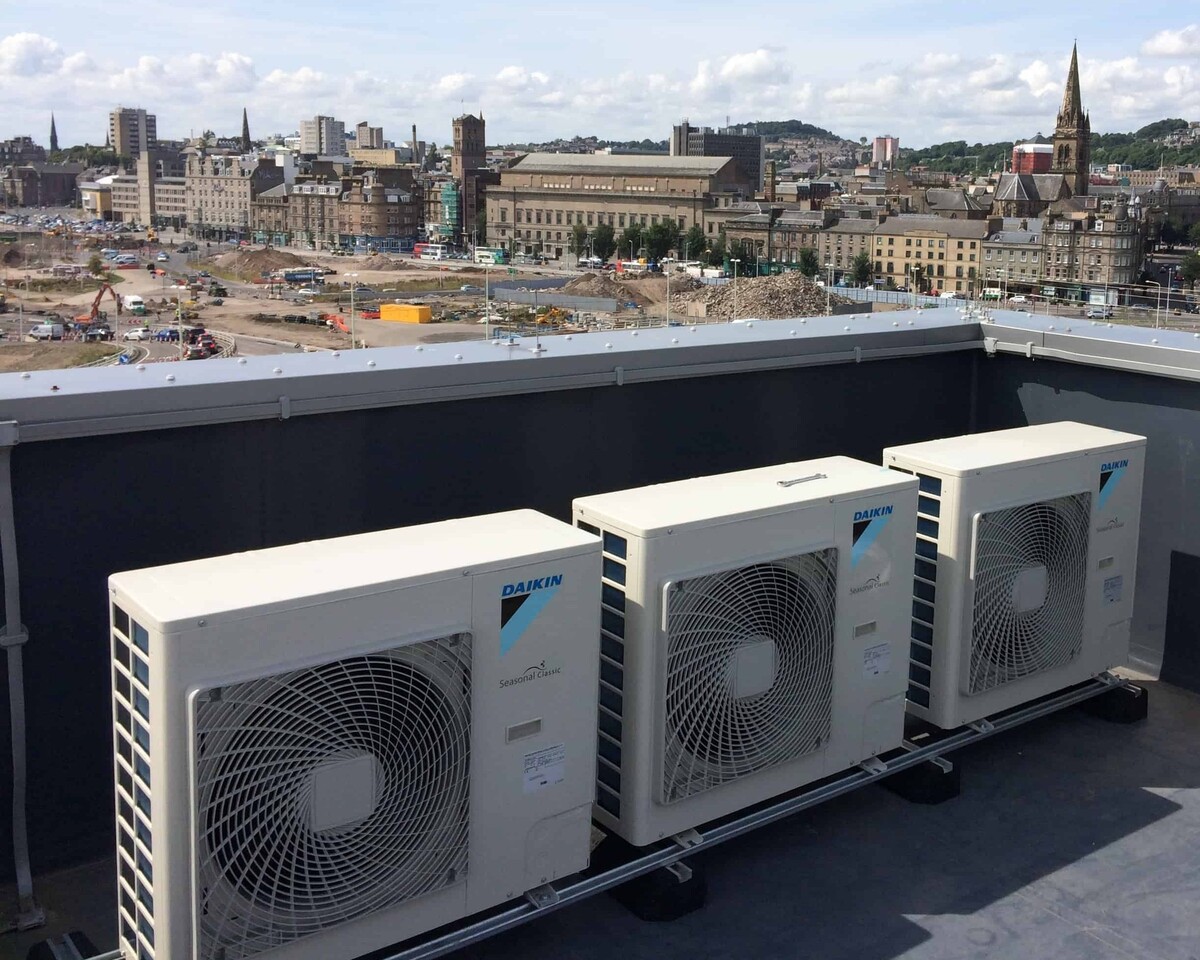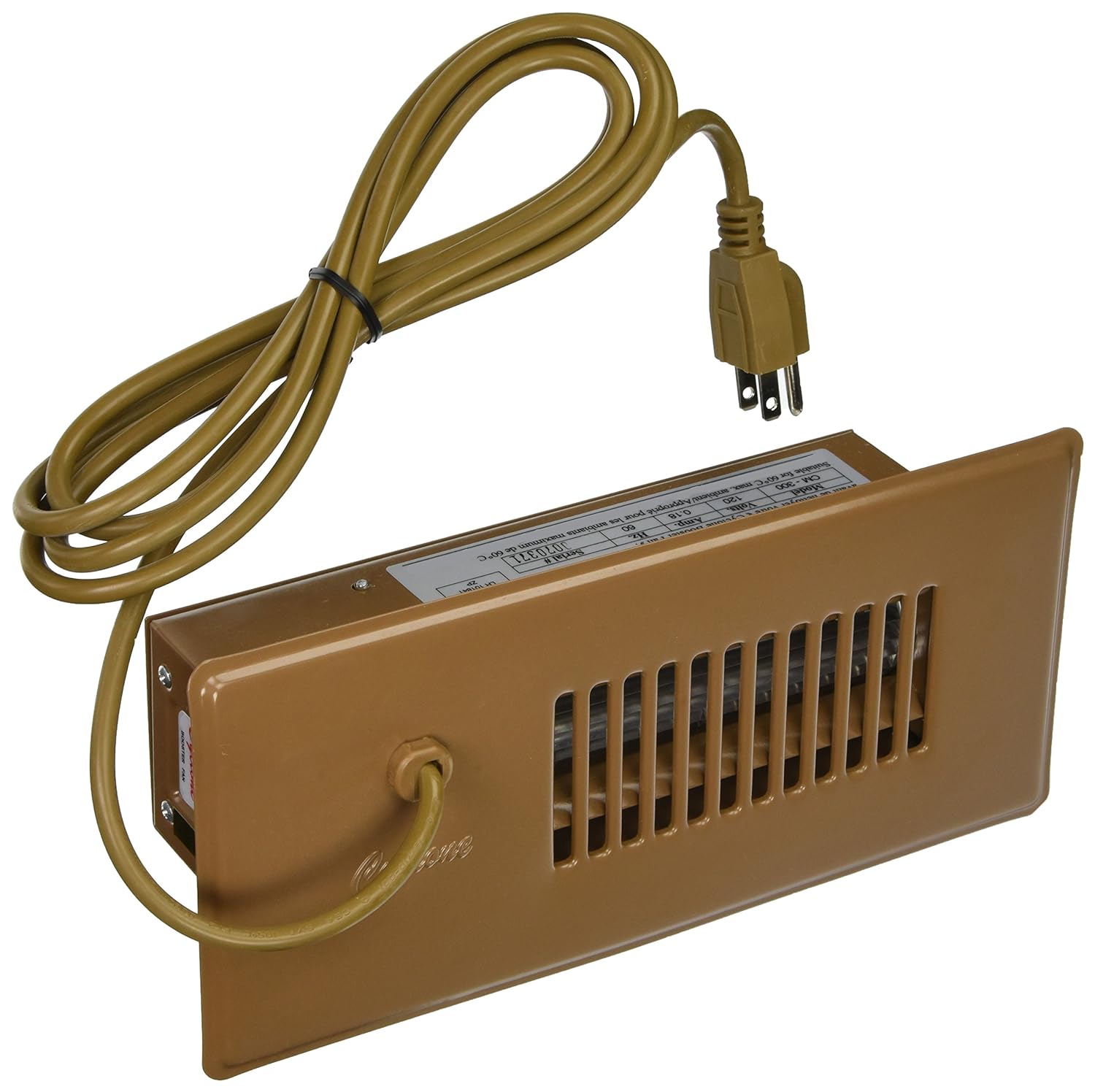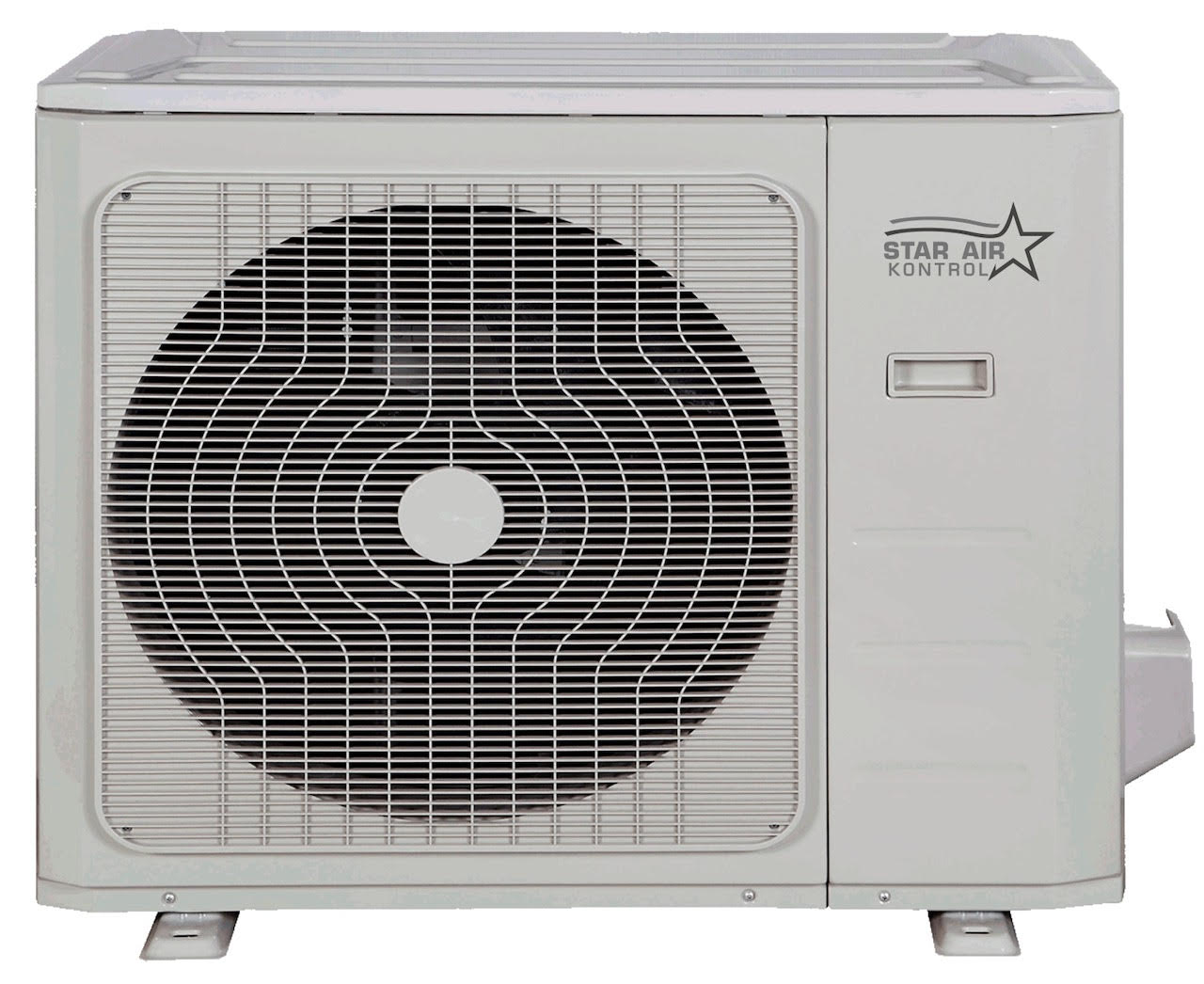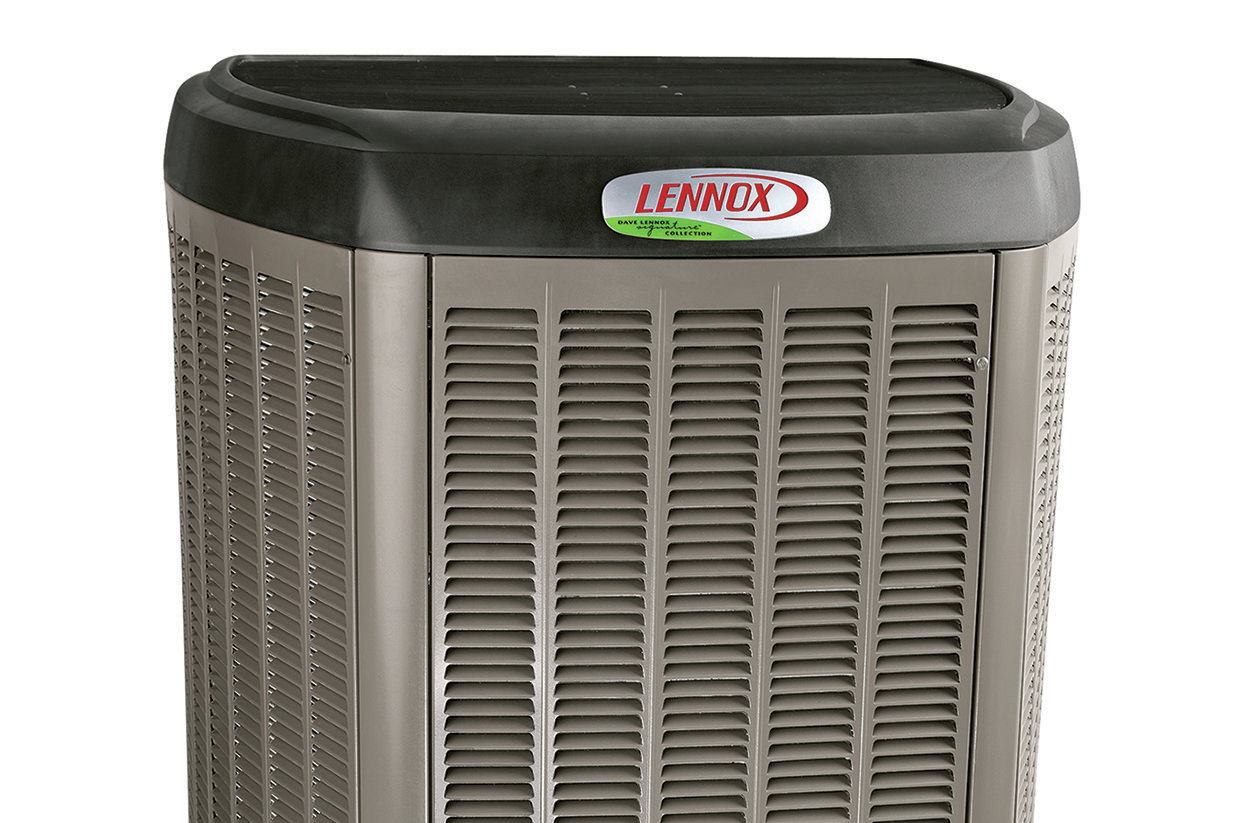Home>Home Maintenance>What Is The Cost Of A Central Air Conditioning Unit
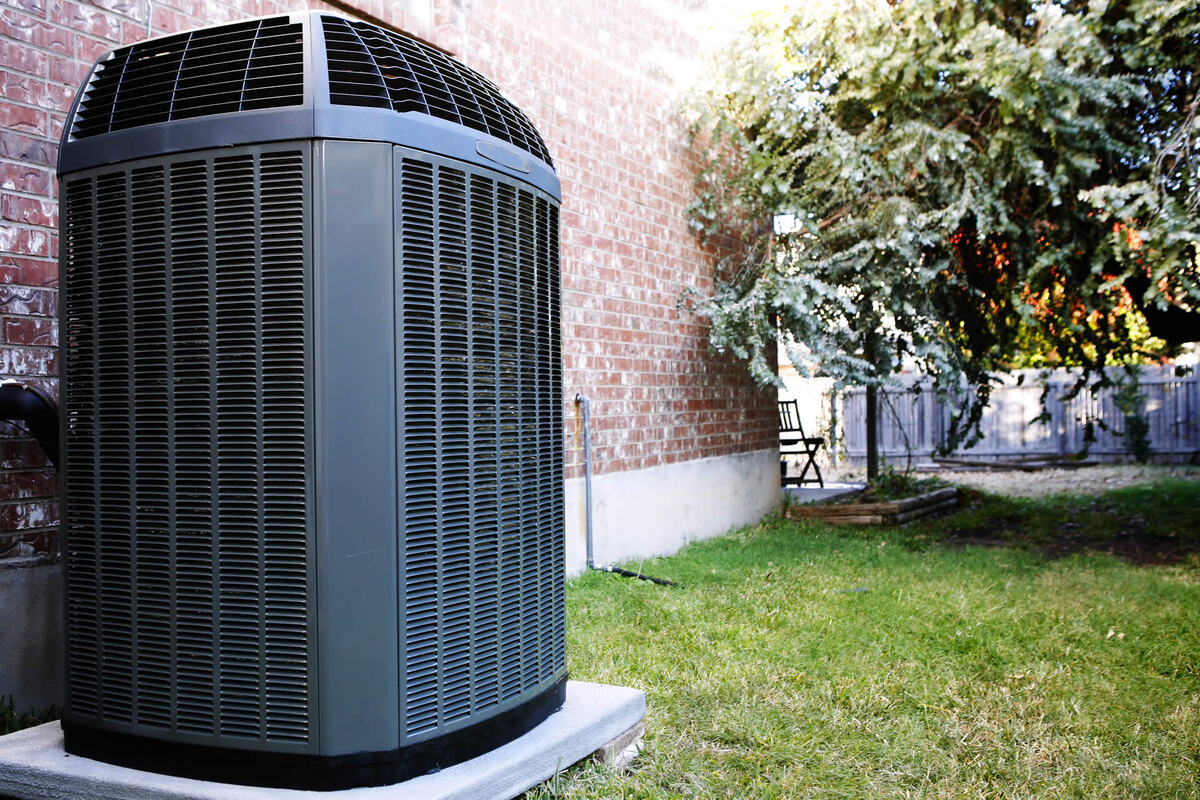

Home Maintenance
What Is The Cost Of A Central Air Conditioning Unit
Modified: March 6, 2024
Find out the cost of a central air conditioning unit for home maintenance. Get insights on pricing and installation to keep your home cool and comfortable.
(Many of the links in this article redirect to a specific reviewed product. Your purchase of these products through affiliate links helps to generate commission for Storables.com, at no extra cost. Learn more)
Introduction
Welcome to the world of home maintenance! Keeping your home in good condition is essential for your comfort and the longevity of your property. One important aspect of home maintenance is maintaining a comfortable indoor temperature, especially during those scorching summer months. Having a reliable and efficient central air conditioning unit is crucial for creating a cool and comfortable living environment.
But before you rush to purchase a central air conditioning unit, it’s important to understand the factors that affect its cost. In this article, we will explore the various factors that can influence the cost of a central air conditioning unit, the different types of units available, the average costs you can expect, and additional expenses to consider when budgeting for your cooling system. By the end, you’ll have a clearer idea of what to expect when it comes to the financial investment of your central air conditioning unit.
So, let’s dive in and discover what it takes to bring a breath of fresh and cool air into your home!
Key Takeaways:
- Choosing a central air conditioning unit involves considering factors like size, energy efficiency, and brand reputation. Consulting professionals and budgeting for installation and maintenance costs are crucial for making an informed decision.
- Factors such as unit size, energy efficiency, and additional features influence the cost of a central air conditioning unit. Prioritizing energy efficiency can lead to long-term savings on utility bills and a more sustainable home environment.
Read more: What Is Central Air Conditioning System
Factors Affecting the Cost of a Central Air Conditioning Unit
When it comes to the cost of a central air conditioning unit, several factors come into play. Understanding these factors will help you make an informed decision and budget accordingly. Here are some key factors that can influence the cost:
- Unit Size: The size of the unit you choose is a significant determinant of the cost. Central air conditioning units are measured in tonnage, with each ton representing the amount of cooling capacity the unit can provide. Typically, larger units with higher tonnage have a higher price tag.
- Energy Efficiency: Energy efficiency is a crucial consideration when purchasing a central air conditioning unit. Units with higher energy efficiency ratings, such as those with Energy Star certification, may be more expensive upfront but can result in significant energy savings over time. It’s important to consider the long-term cost savings when evaluating the initial investment.
- Installation Complexity: The complexity of the installation process can also impact the overall cost. Factors such as the accessibility of the installation site, the need for ductwork modifications, and the complexity of the electrical wiring can affect the installation cost. In some cases, additional labor or equipment may be required, increasing the overall price.
- Brand and Quality: The brand and quality of the central air conditioning unit can also affect the cost. Well-known, reputable brands tend to have higher price points due to their reliability, performance, and warranty offerings. While it may be tempting to opt for a cheaper unit, it’s essential to consider the long-term costs and potential maintenance and repair expenses.
- Additional Features: Some central air conditioning units come with additional features and technologies designed to enhance comfort and convenience. These features, such as smart thermostats, variable-speed compressors, and zoning capabilities, can increase the cost of the unit. However, they may also provide added benefits and energy efficiency, making them worth considering depending on your specific needs.
- Location and Climate: Your location and climate can also impact the cost of a central air conditioning unit. In regions with extreme temperatures or high humidity levels, you may require a more robust and expensive unit to adequately cool your home. Additionally, local codes and regulations may affect the installation process and, therefore, impact the overall cost.
Keep these factors in mind when researching and comparing central air conditioning units. By understanding how they contribute to the overall cost, you’ll be better equipped to select a unit that meets your needs and fits within your budget.
Types of Central Air Conditioning Units
When it comes to choosing a central air conditioning unit, there are a few different types to consider. Each type has its own unique features and benefits, so let’s take a closer look:
- Split System: The split system is the most common type of central air conditioning unit. It consists of two main components: an outdoor unit (the condenser) and an indoor unit (the evaporator). The outdoor unit holds the compressor and condenser coil, while the indoor unit contains the air handler and evaporator coil. This setup allows for efficient cooling and distribution of air throughout your home.
- Package System: The package system, also known as a rooftop unit, is often used in commercial and some residential applications. Unlike the split system, where the indoor and outdoor units are separate, the package system combines all components into a single unit that is installed on the roof or on a concrete slab outside the home. This type of unit is ideal for homes with limited indoor space.
- Ductless Mini-Split System: The ductless mini-split system is a versatile option for homes without existing ductwork or for those seeking greater control over individual room temperatures. It consists of an outdoor unit connected to one or more indoor air handlers. Each indoor unit can be controlled independently, allowing for personalized comfort in different areas of the home. Ductless mini-split systems are also highly energy-efficient.
- Geothermal System: Geothermal systems utilize the constant temperature of the earth to provide both heating and cooling. This environmentally friendly option circulates water or refrigerant through underground pipes to transfer heat to or from the ground. While geothermal systems have a higher upfront cost, they offer long-term energy savings and a reduced carbon footprint.
Each type of central air conditioning unit has its own advantages and considerations. Factors such as the size of your home, existing ductwork, energy efficiency goals, and budget will help determine which type is most suitable for your needs. Consulting with a professional HVAC technician can provide valuable insights and guidance in selecting the right type of unit for your home.
Average Cost of Central Air Conditioning Units
The cost of a central air conditioning unit can vary widely depending on various factors, including the size, energy efficiency, brand, and additional features. On average, homeowners can expect to spend between $2,500 and $7,500 for a new central air conditioning unit installation.
For a basic entry-level unit, the cost can start around $2,500 to $4,000. These units typically have lower tonnage capacity and may lack some of the advanced features found in more expensive models. While they may be more budget-friendly upfront, it’s important to consider their long-term energy efficiency and potential maintenance costs.
Mid-range central air conditioning units with improved energy efficiency and additional features can range from $4,000 to $6,000. These units may offer better cooling performance and enhanced comfort features, such as variable-speed compressors and programmable thermostats. Investing in a mid-range unit can provide better comfort and energy savings in the long run.
For high-end central air conditioning units, the cost can exceed $6,000 and can go up to $10,000 or more. These units often come with top-of-the-line energy efficiency ratings and advanced features like zoning capabilities and humidity control. While the upfront cost may be higher, these high-end units can provide superior performance and energy savings over their lifespan.
It’s important to note that these price ranges are estimates and can vary based on location, installation requirements, and other factors. Additionally, the cost of installation, including labor, ductwork modifications, and any necessary electrical work, should be factored into the overall budget.
Lastly, it’s worth mentioning that while the upfront cost of a central air conditioning unit might seem significant, it’s important to consider the long-term benefits. An energy-efficient unit can help lower your monthly energy bills, improve indoor air quality, and increase the value of your home.
It’s advisable to consult with HVAC professionals, obtain multiple quotes, and consider your specific needs and budget when determining the average cost of a central air conditioning unit for your home.
When considering the cost of a central air conditioning unit, it’s important to factor in the size of your home, the unit’s energy efficiency, and installation costs. Getting multiple quotes from reputable contractors can help you find the best deal.
Additional Costs to Consider
When budgeting for a central air conditioning unit, it’s important to consider the additional costs that may arise throughout the installation and maintenance process. These costs vary depending on your specific circumstances and requirements. Here are some additional expenses you should be aware of:
- Installation Costs: The cost of installing a central air conditioning unit goes beyond the price of the unit itself. You will need to factor in the cost of professional installation, which can range from $1,500 to $5,000. This cost includes the labor, materials, and any necessary ductwork modifications or electrical work.
- Maintenance and Repairs: Like any other mechanical system, central air conditioning units require regular maintenance and occasional repairs. This includes cleaning or replacing air filters, checking refrigerant levels, lubricating moving parts, and inspecting electrical connections. It’s recommended to schedule annual maintenance visits, which can cost between $100 and $200. Furthermore, unexpected repairs may arise over time, so it’s wise to have a contingency fund for such situations.
- Thermostat Upgrades: While many central air conditioning units come with a basic thermostat, you may choose to upgrade to a programmable or smart thermostat. These advanced thermostats offer features such as scheduling, remote control, and energy-saving settings. Depending on the brand and model, the cost of a thermostat upgrade can range from $100 to $300.
- Extended Warranty: Investing in an extended warranty can provide peace of mind and protection against unexpected repair costs. The cost of an extended warranty varies depending on the length of coverage and the specific terms and conditions. On average, extended warranties can range from $100 to $500 or more.
- Energy Costs: While not a direct cost associated with the unit itself, it’s important to consider the ongoing energy costs of running your central air conditioning unit. Energy-efficient units may have higher upfront costs but can result in significant energy savings over time. It’s worth researching and comparing the energy efficiency ratings (SEER) of different units to estimate the long-term savings on your energy bills.
When planning your budget, be sure to consider these additional costs to ensure you have a comprehensive understanding of the overall investment involved in owning and maintaining a central air conditioning unit.
By accounting for these additional expenses, you can make a more accurate assessment of the total cost associated with your central air conditioning unit and better plan your finances accordingly.
Factors to Consider When Choosing a Central Air Conditioning Unit
Choosing the right central air conditioning unit for your home is a decision that should be approached thoughtfully. Consider these important factors to ensure you select a unit that meets your cooling needs and aligns with your budget:
- Cooling Capacity: Determining the appropriate cooling capacity, measured in tons, is vital to ensure your central air conditioning unit can effectively cool your home. An HVAC professional can perform a load calculation to determine the correct tonnage required based on factors such as the square footage of your home, insulation levels, and local climate.
- Energy Efficiency: Energy efficiency plays a significant role in the overall cost and long-term savings of your central air conditioning unit. Look for units with high Seasonal Energy Efficiency Ratio (SEER) ratings, as they indicate greater energy efficiency and potential savings on your utility bills. Energy Star certified units are a reliable indicator of energy efficiency.
- Brand and Reputation: Consider the reputation and reliability of the brand when choosing a central air conditioning unit. Research different manufacturers, read customer reviews, and consult with HVAC professionals to identify reputable brands known for their quality, longevity, and customer satisfaction.
- Budget and Affordability: Establish a budget range for your central air conditioning unit and its installation. Consider the long-term energy savings and potential costs of repairs and maintenance. While it’s essential to find a system that fits within your budget, be careful not to compromise on quality or overlook energy efficiency for the sake of a lower upfront cost.
- Additional Features: Determine which additional features are important to you in a central air conditioning unit. Features such as variable-speed compressors, dual-stage cooling, Wi-Fi connectivity, and zoning capabilities can enhance both comfort and energy efficiency. However, keep in mind that additional features might increase the upfront cost.
- Warranty: Review the warranty provided with the central air conditioning unit. A comprehensive warranty can offer peace of mind and financial protection in case of unexpected repairs. Pay attention to the length of coverage, what is included, and any requirements for warranty validation.
- Professional Installation: Finally, choose a professional HVAC technician with experience in central air conditioning installations. Proper installation is crucial for the overall performance and lifespan of your unit. Ask for references, compare quotes, and ensure the installer is licensed and insured.
By considering these factors, you can make a well-informed decision when selecting a central air conditioning unit. Remember, each home is unique, so it’s essential to evaluate your specific needs and consult with professionals to ensure you choose the best unit for your home’s cooling requirements and your budget.
Conclusion
Investing in a central air conditioning unit is a significant decision that can greatly enhance the comfort and enjoyment of your home. By understanding the factors that affect the cost and considering important considerations, you can make an informed choice that meets your cooling needs and fits within your budget.
Factors such as the size of the unit, energy efficiency, brand reputation, and additional features all contribute to the cost of a central air conditioning unit. It’s essential to weigh these factors carefully and consider the long-term benefits and savings when making your selection.
When choosing a central air conditioning unit, be sure to consult with HVAC professionals, obtain multiple quotes, and review customer reviews and ratings. This research will help you identify reputable brands and reliable installers who can provide expert advice and a high-quality installation.
Additionally, it’s important to budget for the additional costs associated with installation, maintenance, and potential repairs. Factoring in these expenses will help you plan for the overall investment involved in owning and maintaining a central air conditioning unit.
Lastly, remember to prioritize energy efficiency and choose a unit with a high SEER rating to maximize energy savings and minimize your environmental impact. Although energy-efficient units may have higher upfront costs, they can provide significant long-term savings on your utility bills and contribute to a more sustainable future.
By considering all these factors, you’ll be well-equipped to select the right central air conditioning unit for your home, ensuring a cool and comfortable living environment for years to come.
Frequently Asked Questions about What Is The Cost Of A Central Air Conditioning Unit
Was this page helpful?
At Storables.com, we guarantee accurate and reliable information. Our content, validated by Expert Board Contributors, is crafted following stringent Editorial Policies. We're committed to providing you with well-researched, expert-backed insights for all your informational needs.
